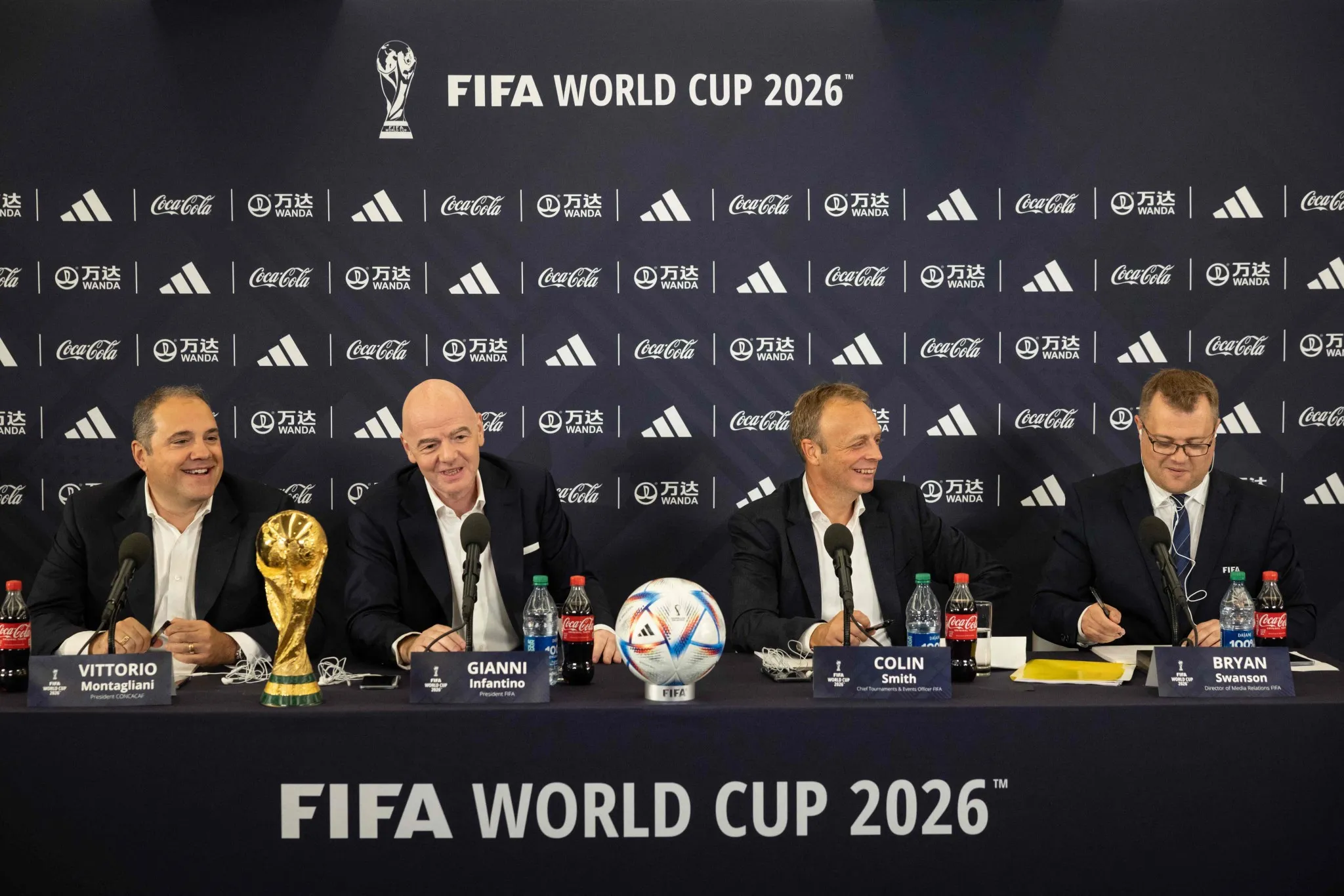FIFA’s Controversial Choice: Why Saudi Arabia’s 2034 World Cup Bid is Raising Eyebrows
In a move that has sent shockwaves through the global football community, FIFA has officially selected Saudi Arabia to host the 2034 World Cup, a decision that has ignited a firestorm of controversy and raised serious questions about the organization’s commitment to human rights and ethical standards.
The announcement, made on December 11, 2024, came after Australia’s withdrawal from the bidding process, leaving Saudi Arabia as the sole contender. FIFA’s evaluation rated the Saudi bid as the strongest in history, scoring an impressive 4.2 out of 5, despite acknowledging significant medium-risk concerns related to human rights.
The Backdrop of Controversy
Saudi Arabia’s selection as World Cup host is far from a straightforward sporting decision. The country’s controversial human rights record has been a central point of criticism, with human rights organizations raising alarm about:
- Treatment of migrant workers
- Restrictions on women’s rights
- Persecution of LGBTQ+ individuals
- Ongoing concerns about political freedoms
The murder of journalist Jamal Khashoggi continues to cast a long shadow over the kingdom’s international reputation, making the World Cup bid particularly contentious.
Economic and Political Motivations
At the heart of this bid lies Saudi Arabia’s Vision 2030 initiative, an ambitious plan to diversify the country’s economy beyond oil and improve its global image. The World Cup represents a massive sportswashing opportunity, allowing the nation to redirect international attention from its human rights challenges.
“This is less about football and more about global perception,” says international sports analyst Maria Rodriguez. “Saudi Arabia is purchasing global legitimacy through sporting events.”
Infrastructure and Environmental Concerns
The proposed tournament comes with an unprecedented infrastructure plan:
– 11 new stadiums to be constructed
– Over 185,000 hotel rooms planned
– Massive investment in transportation and urban development
However, environmental experts have raised significant concerns about the sustainability of the project, particularly given its connection to fossil fuel sales and the potential massive carbon footprint of such extensive construction.
LGBTQ+ Rights and Fan Safety
Perhaps one of the most pressing concerns is the safety of LGBTQ+ fans and players. Same-sex relations are illegal in Saudi Arabia, creating a potentially dangerous environment for international visitors. FIFA has yet to provide clear assurances about how these fundamental human rights will be protected.
Echoes of Qatar 2022
The parallels with the controversial 2022 World Cup in Qatar are impossible to ignore. Many see this as another example of FIFA prioritizing economic interests over human rights, potentially setting a dangerous precedent for future tournament selections.
The Potential Winter World Cup
Due to Saudi Arabia’s extreme climate, there’s a high likelihood that the tournament will be held during winter months. This could significantly disrupt global football calendars and create additional challenges for international teams and leagues.
Migrant Worker Exploitation
Reports of migrant worker conditions continue to plague the bid, with documented cases of:
– Wage theft
– Unsafe working environments
– Limited legal protections
– Systemic labor rights violations
International Reaction
The global response has been decidedly mixed. While some see this as an opportunity for cultural exchange, many human rights organizations and football fans have expressed deep reservations about the selection.
The Road Ahead
As the 2034 World Cup approaches, all eyes will be on FIFA and Saudi Arabia. The tournament represents more than just a sporting event – it’s a litmus test for international sporting ethics and human rights standards.
Will FIFA prioritize sporting integrity, or continue to compromise its principles for economic gain?
Only time will tell.
Disclaimer: This article represents an objective analysis of the current situation and does not endorse any particular political stance.






Leave a Comment